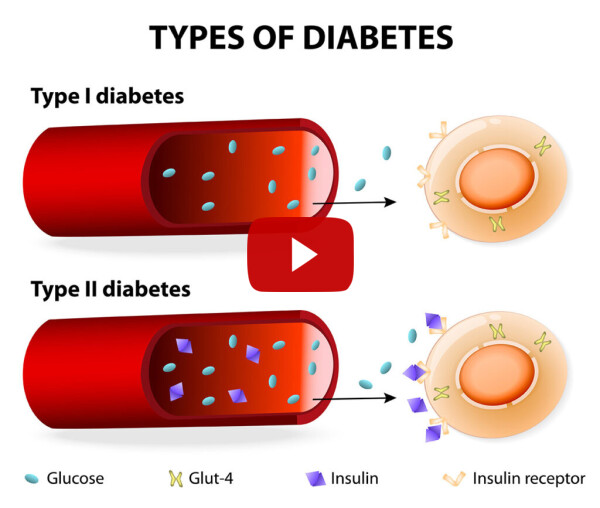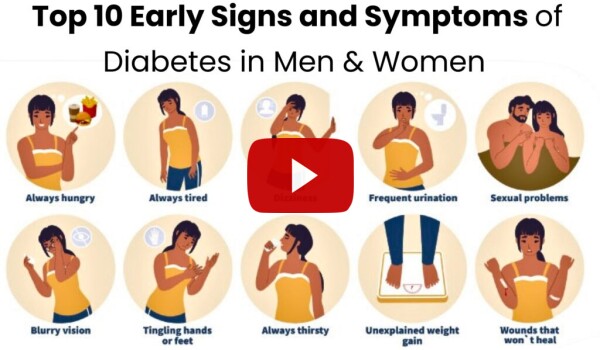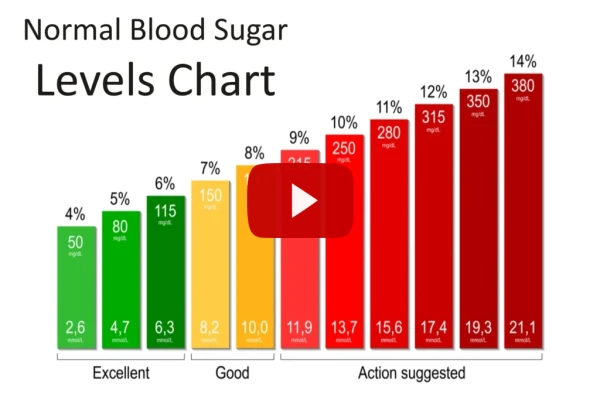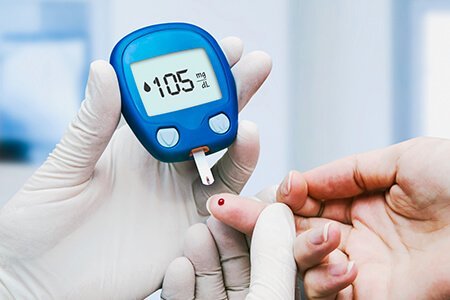What is Diabetes – The Basics and Beyond
Before we start to talk about how diabetes got its name, let’s address the big question; what is diabetes? Diabetes, in a nutshell All kinds of diabetes are due to excessive sugar concentrations inside your body(resulting coming from substantial blood glucose levels). Glucose is so important because it’s the bodys main source of energy. You might be wondering, “Well sure but why do we have diabetes in the first place?” Now it starts to get a bit sticky… (just like honey on that freshly baked biscuit).
In simple term, diabetes is caused by not making enough insulin or due to the irreduction of the ability to use it properly. That super friend who helps your body find glucose and use it, that’s Insulin. Sugar just sits there in your blood…high blood sugar symptoms do not feel good at all, trust me!
So as we are moving towards of the variety if diabetes here Yes “Types Of Diabetes” It includes Type 1, Type 2 diabetes and gestational diabetes. There are different causes, symptoms and treatment of each type. Well, if you look at it like a Diabetes buffet of sorts then take your (un)pick!

Types of Diabetes: Choose Your Adventure
Now, Going Deep On Types Of Diabetes Types of Diabetes Mellitus – Are you all set to explore? Think of it this way; remember the bcak in a diner menu with five items written on either side?
1. Type 1 Diabetes
This is that chill, distant friend who whimper genuineness. Although type 1 diabetes usually develops in children, it can occur at any age. It happens when the immune system of the body attacks insulin-producing cells in pancreas. Well then, if you ever think “how do I develop diabetes” in the future on an off chance. — in this case it’s a bit less to do with your cupcake loving ways and more about those genes_COMPILE
2. Type 2 Diabetes
Type 2 diabetes: that friend who appears to pop up out of nowhere. Adults (but more so children growing number of due to obesity) suffer from Type 2, which occurs when your body becomes immune to insulin or fails in its natural production. You may be having frequent trips to the restroom, waking up tired and with a cottonmouth; no one likes those adventures that lead you back every day.
3. Gestational Diabetes
And here is a fun curveball — gestational diabetes! This occurs most frequantely during pregnancy and generally vanishes after giving birth. Even though it is short term in nature, if not effectively managed It can have significant hazards. If you are pregnant and diabetes symptoms crash your baby shower, it is important to discuss how you can best keep unwanted signs at bay with your doctor.

Diabetes Symptoms: What to Look Out For
Now that we’ve covered the diabetes types, you might be wondering, “What are the symptoms of diabetes?” Don’t worry; I won’t leave you hanging without a list. Here are some common diabetes symptoms to keep an eye out for:
- Increased Thirst and Frequent Urination: Does it feel like you need a water jug at your side at all times? That’s a significant sign of high blood sugar levels.
- Extreme Hunger: You could have eaten a five-course meal, but you still feel as though a black hole has taken residence in your stomach. Yep, that can be a symptom of diabetes!
- Unexplained Weight Loss: If you’re going on a diet without intending to, it might be time to consult a healthcare professional.
- Fatigue: Are you constantly feeling drained, like a smartphone in need of a charge? Fatigue can be another sign of diabetes.
These symptoms can feel a bit like a game of “Guess Who?” at times. So, if you notice any combination of these, it’s a good idea to see a doctor for a check-up and possibly a blood test.

What Causes Diabetes: Hugging It Out with Insulin
After exploring symptoms, let’s discuss “What causes diabetes?” The existence of diabetes is often a tricky puzzle to solve, like trying to navigate a corn maze without a map.
In many cases, genetics plays a significant role. If your family tree has a history of diabetes, you might be at higher risk of developing it. Additionally, lifestyle factors, such as lack of exercise, poor diet, and obesity, can contribute to the onset of Type 2 diabetes. However, with Type 1 diabetes, it’s often an autoimmune aspect that triggers the condition.
So, how do you get diabetes? In short, there’s no universal answer. But it’s essential to keep a check on your overall health: maintain a balanced diet, stay active, and consult your doctor regularly to tackle any early signs of diabetes before they become a full-blown cast of symptoms.

Living with Diabetes: Making the Best of It
Congratulations! You’ve received your diabetes diagnosis. But don’t hang your head just yet; we’re about to discover how to manage diabetes like a pro!
First, understanding diabetes mellitus and what it entails will empower you to make healthier choices. Learn about your food options—drawing the line between friend and foe when it comes to carb intake is essential. Healthy diets rich in whole grains, vegetables, and lean proteins can become your new best pals.
Second, keep moving! Exercise is like a superhero cape that boosts your metabolism and helps keep your blood sugar levels in check. A brisk walk after meals can work wonders; plus, it gives you ample time to catch up on your favorite podcasts.
Finally, keep your healthcare team close. Regular check-ups can help you monitor your blood sugar levels and adjust your management plan as necessary. You’ll find that they can provide advice and support that feels like a warm hug from your favorite teddy bear.

Balancing Blood Sugar Levels: Tips and Tricks
While living with diabetes can be challenging, you can maintain a happy balance with a few simple tips! First, routine matters. Establishing a daily routine for meals and insulin injections can contribute significantly to managing diabetes.
Second, always keep healthy snacks on hand. Think apples, nuts, or yogurt—items that won’t sabotage your efforts but will help stave off hunger between meals. But remember to ditch the “sugar rush” snacks that tempt you with their bright packaging.
Finally, don’t forget about hydration! Water is your best bud when it comes to managing high blood sugar levels. It helps prevent dehydration and can help you feel fuller, which keeps those hunger pangs at bay.

The Diabetes Community – A Network of Support
One of the greatest assets in managing diabetes is the community you can find. Whether you join an online support group or attend local meet-ups, surrounding yourself with others who understand what you’re going through can be incredibly powerful.
Share stories, swap recipes, and even commiserate over the challenges—because let’s face it, hormones and temperamental blood sugar levels can be quite the rollercoaster! Your tribe can provide encouragement during challenging times and celebrate your triumphs.
Bonus Round – Myths vs. Facts about Diabetes
Let’s address a few myths while we’re at it! There’s a lot of misinformation fluttering around about diabetes. Myth 1: “You can’t eat sugar at all!” Not true! While moderation is vital, it’s still possible to indulge once in a while—even diabetics need a slice of cake sometimes. Just be mindful!
Myth 2: “Diabetes is always inherited.” It’s possible to develop diabetes without family history. Lifestyle choices, body composition, and even certain medical conditions play a part.
And lastly, Myth 3: “Only the overweight get diabetes.” Not everyone grapples with their weight. Remember, diabetes can affect anyone, regardless of their physical appearance.

Conclusion – Wrapping Up Our Diabetic Diary
If you managed to read through all of this without getting your blood sugar levels too high (pun intended), congratulations! Now, you have a more comprehensive understanding of diabetes, its symptoms, and how to live well with it.
Does diabetes change your life? Maybe, but think of it as a new challenge rather than a limitation. With the right knowledge and support, you can lead a vibrant, fulfilling life while managing diabetes. Knowledge is power, sweet friends!
